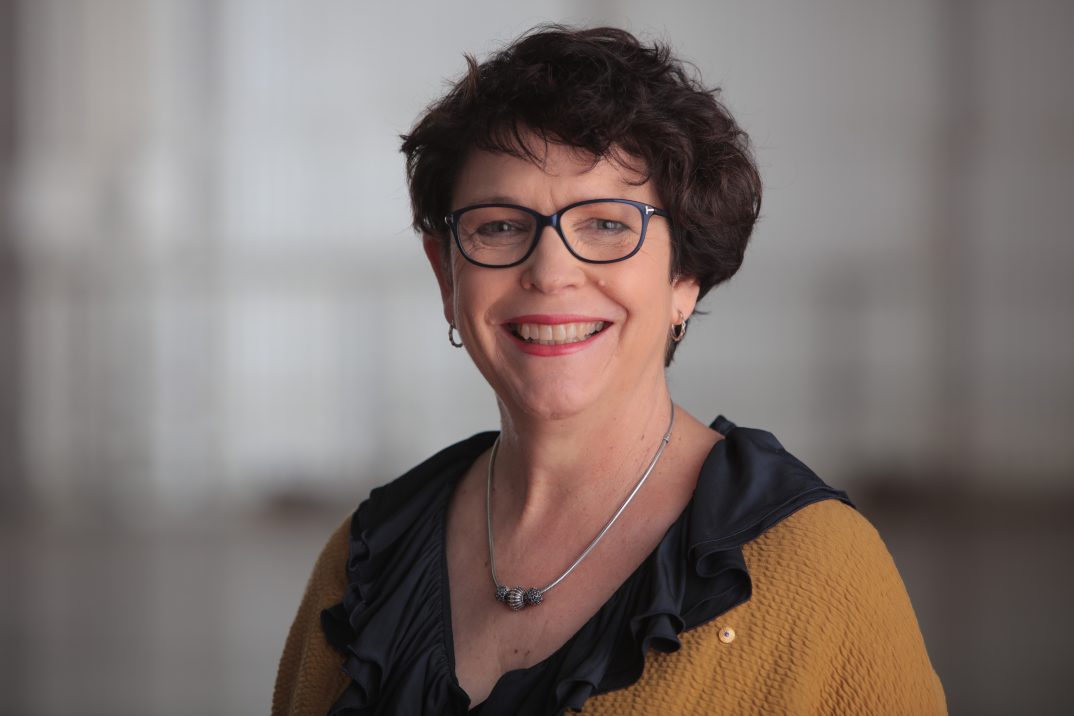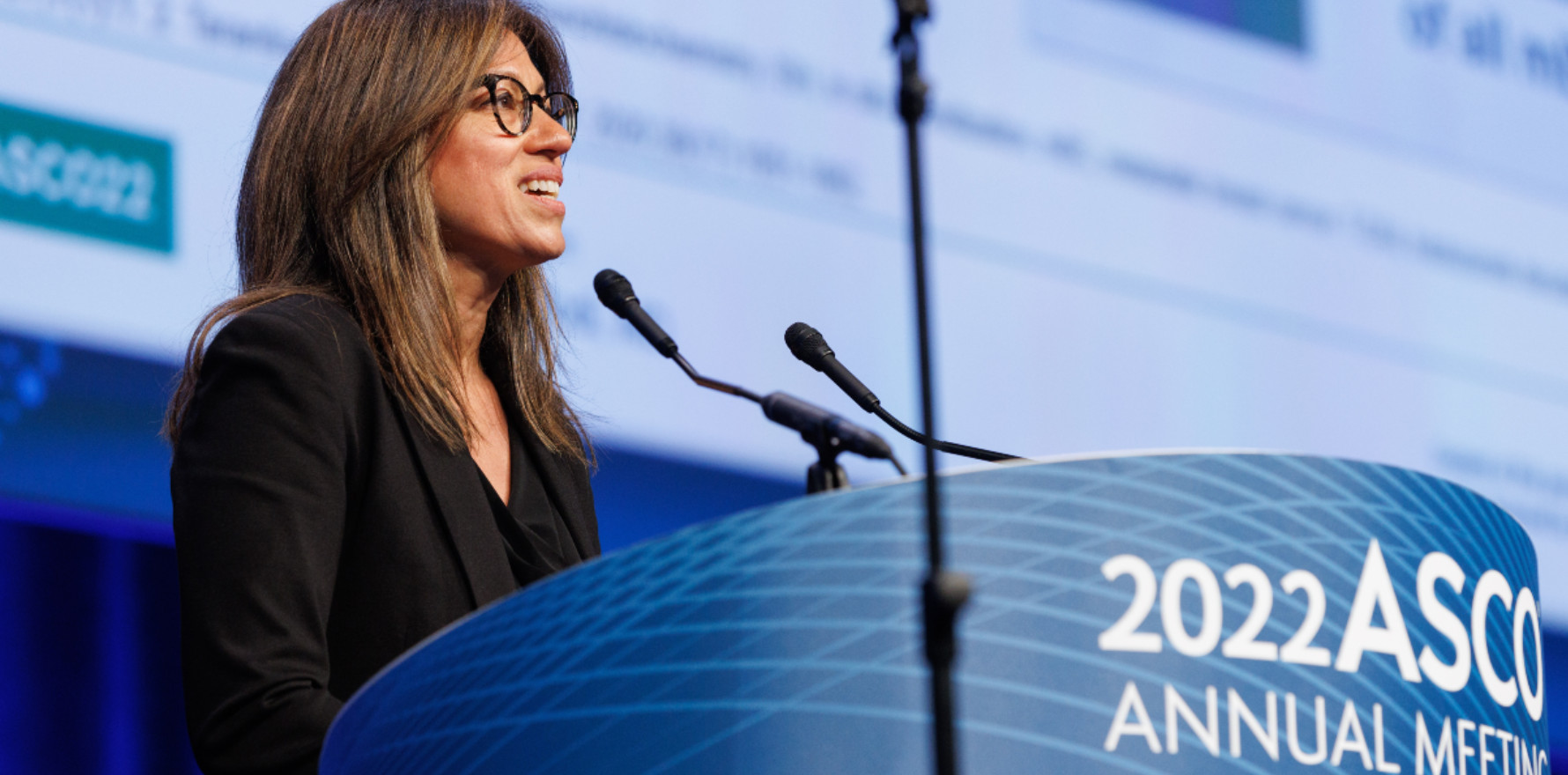A new advocacy organisation is a national first and aims to drive change in cancer service delivery.
Australia’s first and only advocacy organisation devoted specifically to the needs of women and men living with incurable and life-limiting metastatic breast cancer was launched this week.
Metastatic Breast Cancer Action Australia (MBC Action Australia) is led by medical oncologist Professor Frances Boyle AM and Dr Andrea Smith, a cancer survivorship researcher at the Daffodil Centre, University of Sydney.
Professor Boyle said the group would fill a critical gap in Australia’s cancer advocacy landscape and drive much needed change in cancer service delivery.
“For too long, people with metastatic breast cancer have been in the shadows, forgotten in the sea of celebratory pink that focuses primarily on survivorship and recovery from breast cancer,” she said.
“Many of those diagnosed with metastatic breast cancer desperately need support, both emotional and physical, and many are simply not getting this.”
MBC Action is a national, grassroots, consumer-led advocacy organisation that has been established by people with metastatic breast cancer for people with metastatic breast cancer. It is the first advocacy organisation dedicated specifically to the needs of people with metastatic breast cancer.
Professor Boyle (pictured below) said novel treatments mean people with metastatic breast cancer are living longer, and while this was to be celebrated, cancer service organisations remained relatively unaware of this growing population of people.

Consequently, supportive care services are lagging behind the advances in treatment and gains in survival that these treatments have brought.
A key priority for MBC Action is to understand how many people are living with metastatic breast cancer in Australia. Currently Australia’s state and territory cancer registries do not collect and report staging or recurrence data. Without these data, it is not possible to report how many people are living with cancer that has metastasised, that is, spread to more distant sites in the body.
Within Australia and internationally, it is recognised that this is a significant gap in the cancer data ecosystem. This data gap was acknowledged earlier this year by Prime Minister Anthony Albanese’s announcement of $1.5 million of federal funding for a national Cancer Data Alliance to support cancer registries to report stage and recurrence data.
The Cancer Institute NSW has made important strides in this area. Using data collected by the NSW Cancer Registry, they estimate that 7900 people (7850 women and 50 men) are living with incurable, life-limiting metastatic breast cancer in NSW. When extrapolated to the whole of Australia, this means an estimated 24,000 people are living with metastatic breast cancer in Australia.
Related
Dr Smith and Dr Sally Lord, a cancer epidemiologist at the University of Sydney, have been working the Cancer Institute NSW to understand how existing cancer registry data can be used to report prevalence of metastatic breast cancer.
The establishment of the advocacy group is a major milestone for Dr Smith, who herself has a metastatic breast cancer diagnosis and has been campaigning tirelessly for years around the importance of recognising the needs of people with metastatic breast cancer.
“Novel treatments mean we are living much longer. However, up until now no one knew how many people were living with metastatic breast cancer in Australia,” she said.
“If we don’t know these numbers, how can governments and cancer service providers plan for and deliver the appropriate care and support that we need?”





